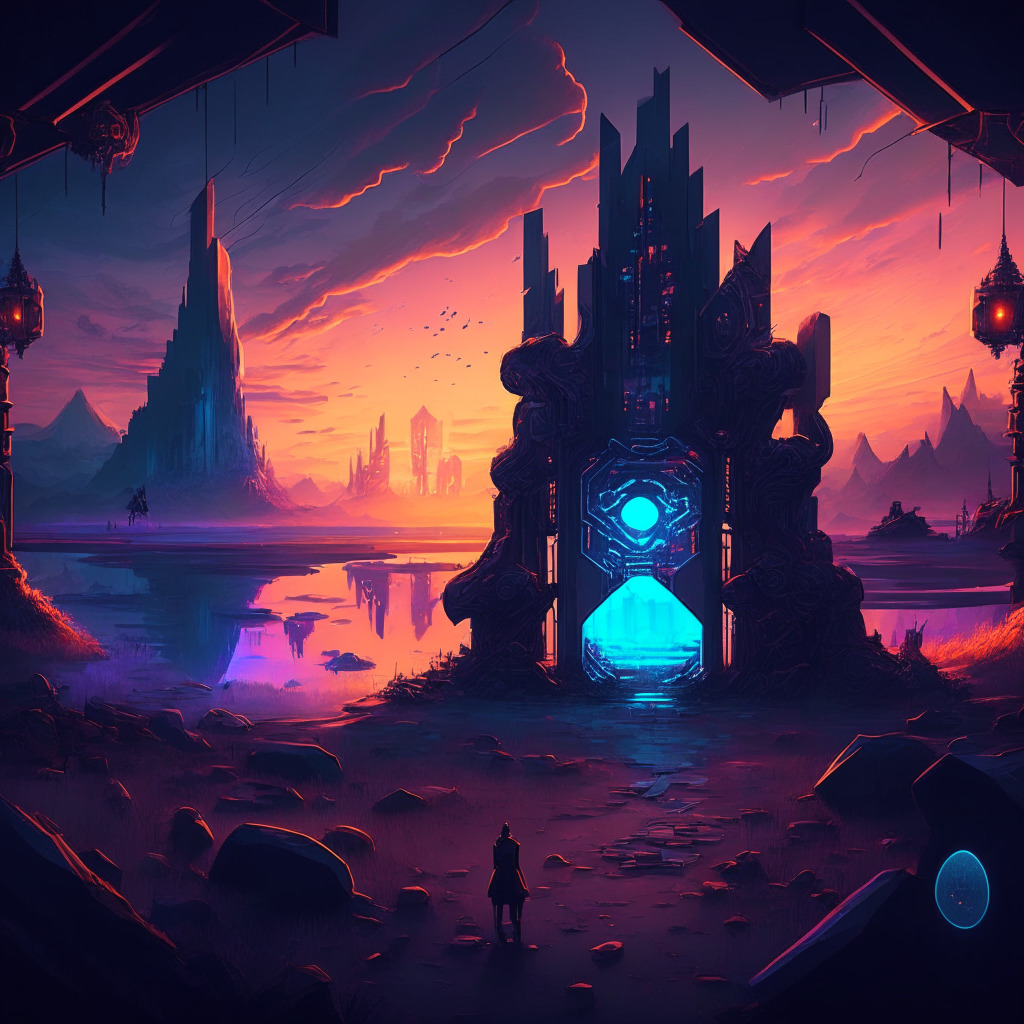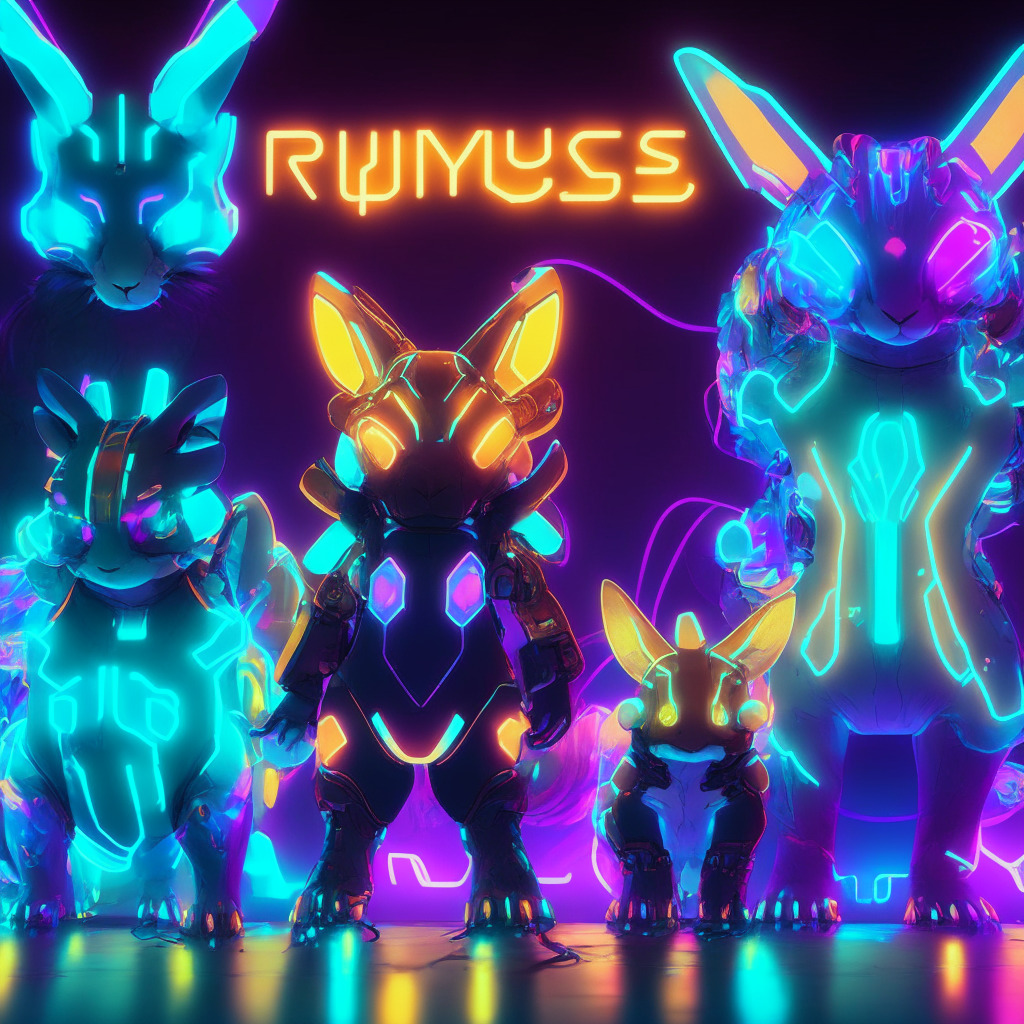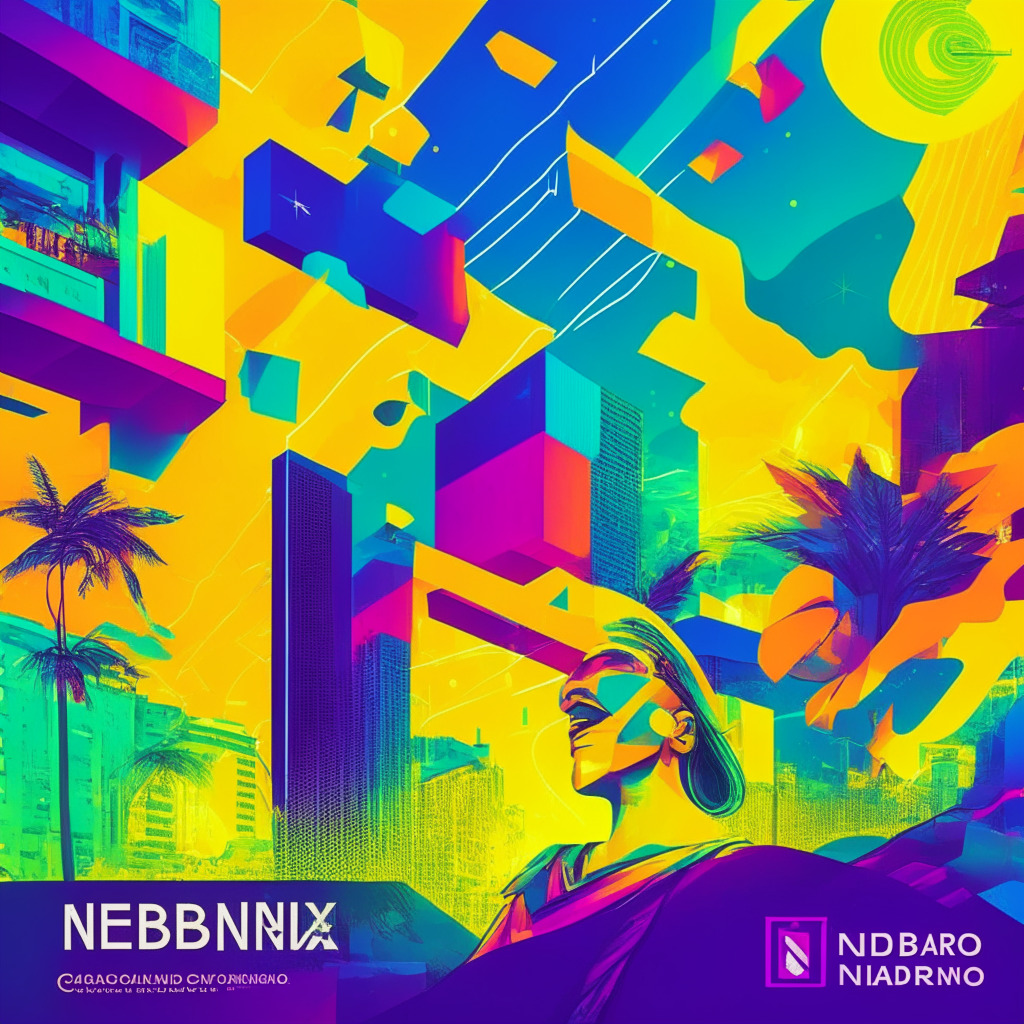As the world of technology continues to evolve, the role of blockchain, digital currencies, and non-fungible tokens (NFTs) are expanding beyond their initial function in finance. One of the most fascinating industries to watch when it comes to the intersection of blockchain and other technological advancements is gaming. However, the integration of NFTs in the gaming sphere is a matter of ongoing discussion, especially when it comes to the players’ perspective.
One might assume that the adoption of this innovative technology by gamers would be unsurprisingly positive, but that’s not necessarily the case. In a recent interview with InfiniGods developers Damon Gura and Owen O’Donoghue on Decrypt, they were asked about gamers’ attitude towards NFTs. The response might come as a surprise for many.
There is a portion of the gaming community that appears to be resistant to the idea of integrating NFTs into their playing experience, primarily due to concerns over ownership, the value of in-game items, and the space’s prevailing skepticism. For these gamers, the concept of purchasing virtual items with real currency doesn’t just feel like an invasion of their gaming world; it challenges the essence of the player community.
On the other hand, many gamers argue that NFTs can revolutionize the gaming world by allowing virtual in-game items to retain real-world value, enabling players to sell or trade these items for cryptocurrency or even fiat currency. In this sense, the integration of NFTs into the gaming ecosystem could create entirely new economies and opportunities for players globally.
Then there are inherent security concerns related to blockchain technology and digital currencies in the gaming world. Although these systems usually provide a high level of security, there is still a perceived risk of hacking or other exploitation by malicious entities. Gamers might also worry that their privacy could be compromised through the use of blockchain-based systems.
Others argue that the benefits for players could be too significant to ignore. They point to increased control over in-game assets, the potential for new income streams, and the overall evolution of the gaming industry. The integration of NFTs could also pave the way for a more decentralized gaming system, where players have greater agency in-game development.
In conclusion, it seems the main conflict lies in determining whether the introduction of NFTs into the gaming industry will be a positive or negative development. The embrace of this technology has the potential to revolutionize gaming, yet it forces players to reconsider their roles and the value of their virtual assets. Ultimately, the gaming community will need to balance the benefits and drawbacks of incorporating NFTs in their playing experience. As always, the technology is only as good as the way it’s implemented, so the question becomes, will developers find the right balance that satisfies the diverse needs and concerns of gamers worldwide?
Source: Decrypt




